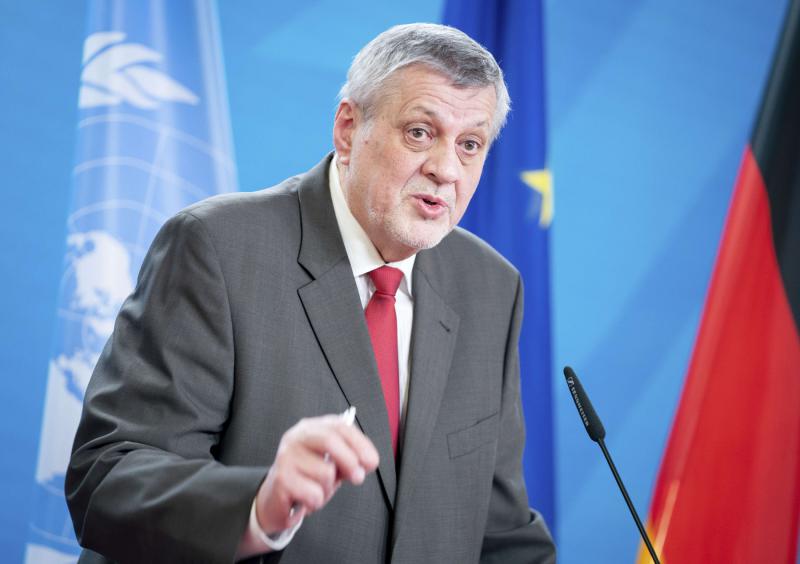Jan Kubis: Failure to hold Libya vote could foster division

Jan Kubis told the UN Security Council that “aborting the drive for elections will be for many be a signal that violence is the only path to power in the country.”
Kubis said the House of Representatives adopted the presidential electoral law, and he was told it is in the process of finalising the electoral law for parliamentary elections. He said the High Council of State, an executive institution that among other duties proposes electoral laws, complained that the presidential electoral law was adopted without consulting its members.
“The country and its people need a full clarity that the elections are going to happen on December 24,” Kubis said in a video briefing. “The existing uncertainty creates a fertile ground for spoilers and sceptics to manipulate the situation against the political transition, feeding in the existing tensions in relations between diverse Libyan institutions and authorities.”
He stressed that holding elections, “even in less than ideal situation, and with all imperfections, challenges and risks is much more desirable than no elections that could only foster division, instability and conflict.”
Many UN Security Council members also called for elections to take place on December 24, the date decided by the Libyan Political Dialogue Forum, a 75-member body from all walks of life, and endorsed by the Security Council.
France’s UN Ambassador Nicolas De Riviere called on all Libyan leaders “to assume their responsibilities to complete this process on time and to rise to the challenge.” He said: “France will support any Libyan decision supported by the United Nations to clarify the legal basis for holding the elections.”
US deputy ambassador Jeffrey DeLaurentis said “The parties need to agree on a constitutional and legal framework for elections – urgently.” While it’s fortunate that work is progressing, he said, “we urge maximum efforts to consult and secure broad consensus.”
Kubis urged Libya’s rivals “to join forces and ensure inclusive, free, fair parliamentary and presidential elections, which are to be seen as the essential step in further stabilising and uniting Libya.”
He said more than 500,000 new voters have recently registered, bringing the total to over 2.8 million — 40% of them women. Most of the new voters are under 30 years old, he said, “a clear testament to the young generation’s eagerness to take part in determining the fate of their country through a democratic process.”
Kubis said Libya needs to move “beyond the state of paralysing perpetual crisis and conflict and perennial transition” to build a united, stable and secure country that can focus on development. He stressed that elections are “a political and security necessity ensuring that the positive developments achieved in Libya since October 2020 continue.”
With just over 100 days until Dec. 24, the UN envoy urged all countries and regional organisations to send election observers “in order to help ensure integrity and credibility of the electoral process and acceptability of the results.”
How to submit an Op-Ed: Libyan Express accepts opinion articles on a wide range of topics. Submissions may be sent to oped@libyanexpress.com. Please include ‘Op-Ed’ in the subject line.
- China’s reported Libya dealings raise regional power questions - January 02, 2025
- Disease control center confirms no human rabies cases in Libya - January 02, 2025
- Russian gas through Ukraine halts - January 02, 2025


